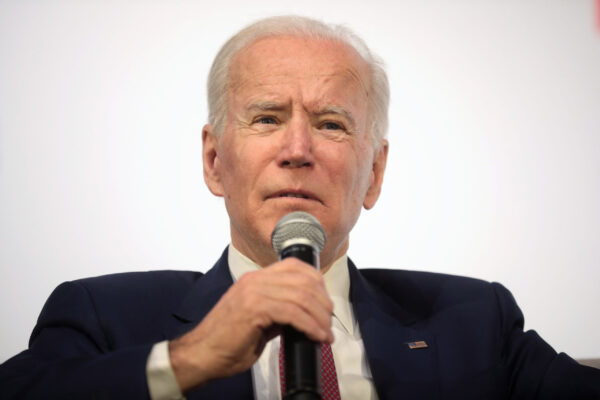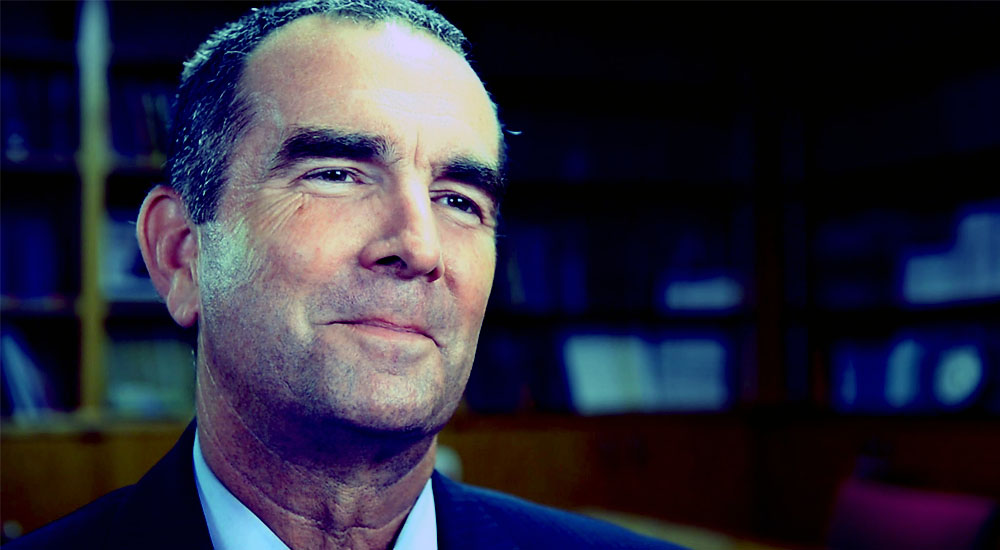ANALYSIS – After working relentlessly to discredit the Hunter Biden laptop story broken by the New York Post just weeks before the 2020 presidential election, The New York Times has now admitted the story, among other things, showing links between Joe Biden’s son and Ukrainian energy company Burisma, was true.
Of course, it didn’t outright admit it, instead grudgingly acknowledging it deep in the weeds of an innocuous story it published Wednesday.
The unprecedented attack by the liberal press on this critical 2020 Biden election story wasn’t limited to the establishment media though, as Big Tech joined forces to protect Biden. Twitter and Facebook also actively suppressed the story on their platforms.
But they weren’t the only ones. Before banning me permanently, LinkedIn, the massive professional networking site, censored several posts of mine referencing credible articles on the Hunter laptop.
Twitter even went so far as banning the New York Post for supposedly publishing ‘hacked materials’ that weren’t hacked. Twitter later apologized to the Post.
But The New York Times didn’t let up, referring to the Hunter Biden laptop story as “unsubstantiated” as recently as September 2021 — something the paper ‘stealth-edited’ from its online story. The Times also shamefully, without evidence, promoted Democrat-created claims that the story was Russian disinformation.”
But in a severe turn around, the NYT now admits it has verified key elements of the story it tried so hard to discredit.
Among them, The Times says it authenticated the laptop emails and also admitted that then-Vice President Biden attended a meeting in 2015 that a Burisma executive was scheduled to attend.
The Times also now says, “No concrete evidence has emerged that the laptop contains Russian disinformation.”
WOW! This should be front page news at the Gray Lady, the NYT, but instead it’s hidden in the fine print of a story.
How did the Post respond?
In an editorial, the Post wrote: “Forgive the profanity, but you have got to be s**tting us,” adding:
First, the New York Times decides more than a year later that Hunter Biden’s business woesare worthy of a story. Then, deep in the piece, in passing, it notes that Hunter’s laptop is legitimate.
Then regarding The Times’ authentication of the emails, the Post retorted, “Authenticated!!! You don’t say. You mean, when a newspaper actually does reporting on a topic and doesn’t just try to whitewash coverage for Joe Biden, it discovers it’s actually true?”
The Post also takes The Times to task for now admitting that Biden attended the April 2015 meeting it initially discounted on the word of one Biden campaign staffer. The Post said, “Funny how this works when you don’t just take someone’s word for it.”
Describing The Times as a “perfect stenographer” for Biden, the Post also criticized its rival for not explaining how they authenticated the emails, something the Post did explain when it published its story:
The Times does a hand wave to anonymous sources. No facts have changed since fall 2020. They knew the laptop was real from the start. They just didn’t want to say so. There’s never any shame with these 180s. Sorry that we wrote a ‘fact check’ that turned out to be bull! Sorry we wrote a piece claiming something wasn’t a story and you were stupid for thinking so!
It adds:
Readers of the Times have discovered in March 2022 that Hunter Biden pursued business deals in Europe and Asia and may have leveraged his father’s position as vice president to do it. Hunter also may not have properly registered with the government or declared all his income. All legitimate topics of discussion about a presidential candidate’s family, no?
The Post concludes:
Now we’re 16 months away from the 2020 election, Joe Biden’s safely in the White House, and the Times finally decides to report on the news rather than carry the Biden campaign’s water. And they find that hey, Hunter Biden’s business interests benefited from Joe Biden’s political status to a suspicious degree. Perhaps this is a topic worthy of examination.





